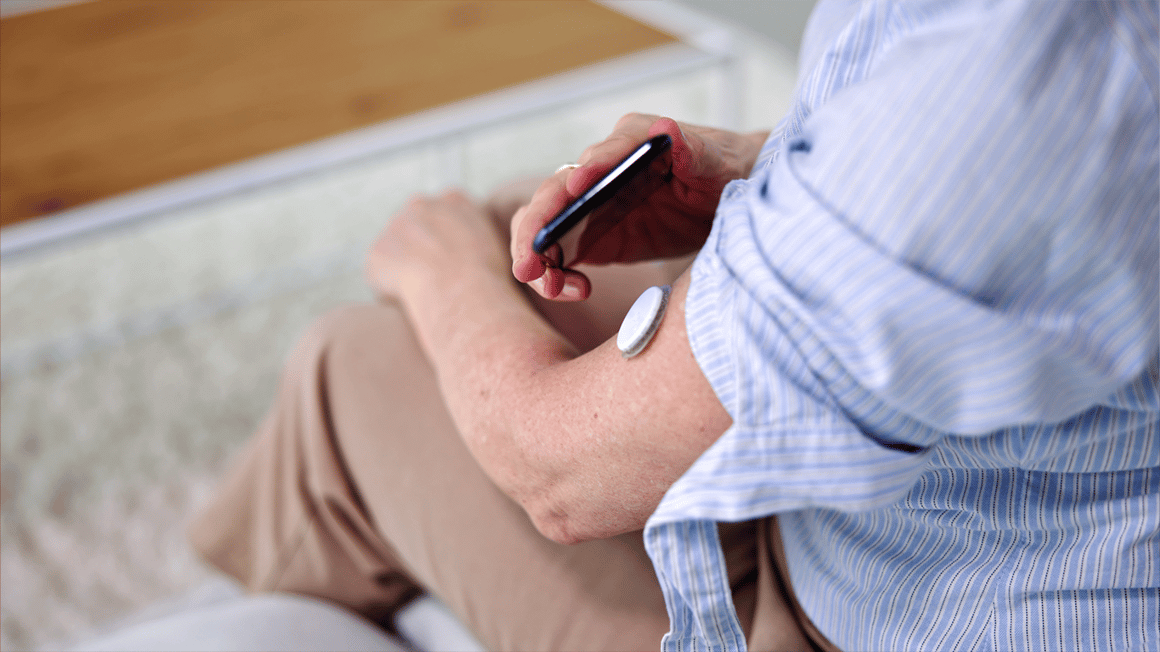Reducing insulin dependence with Ibis: Bill's story

All that hard work paid off last December when his A1C, a simple blood test administered every three months to measure average blood sugar levels, fell into the 6s. Ideally, diabetics need to maintain an A1C lower than 7 percent to avoid complications of the disease, including organ and tissue damage. His doctor suggested he could start to reduce his daily insulin medication, and by spring, Bill was completely insulin free. He was thrilled.
Then the other shoe dropped.
When Bill went to refill his three-month supply of CGM patches in March, Medicare denied coverage. Because he had come off insulin, Medicare would no longer pay for the patches that helped him monitor his blood sugar levels. He would have to return to daily finger sticks, which he dreaded and had been a barrier to managing his blood sugars in the past.
“I was like really?? You do the right thing, you take care of your health, you get things under control and because of the Freestyle Libre, that was a major factor as to why I was able to get things under control,” said Bill, whose last name is being withheld for privacy. “I didn’t have to stop and get an alcohol swab and stick my finger. It was a simplified process.”
That’s when Bill’s Ibis Health member advocate, Lynn, came alongside to help.
“She’s been absolutely fantastic, I can’t say enough about her,” Bill said of his Ibis Health member advocate Lynn. “I probably would have found out about the [policy change] eventually, but not as quickly with Lynn doing some research and having somebody find and send it to us. That was great on her part and it was great belonging to Ibis and having her as my advocate to do something like that. … She’s just a wonderful, wonderful person.”
“The doctor will say ‘I want three blood pressures a day for a week,’ and I don’t have to write them down. Or I don’t have to go back and say ‘Geez, what were they?’ I can go into Ibis, look at my vitals, write them down for the doctor. Or I can take my phone, take a picture of it and send it as a pdf to her,” Bill said. “It’s a good tool to make life a little simpler health wise. How many times have people said, ‘Oh I don’t know what my blood pressure is?’ or ‘I don’t know what my weight is?’ Well, now you know. It lets you see a progression.”
“And they’re very non-judgmental, and that’s very important to people,” Bill added. “They don’t judge, but they encourage you.”
This is a true member story, with thanks to Bill for sharing his success on the Ibis Health Program.
To learn more about Senscio Systems and its innovative Ibis Health Program visit www.sensciosystems.com and www.ibishealth.org.
Want to receive more insightful articles like this?
Sign-up for our free monthly e-newsletter:




